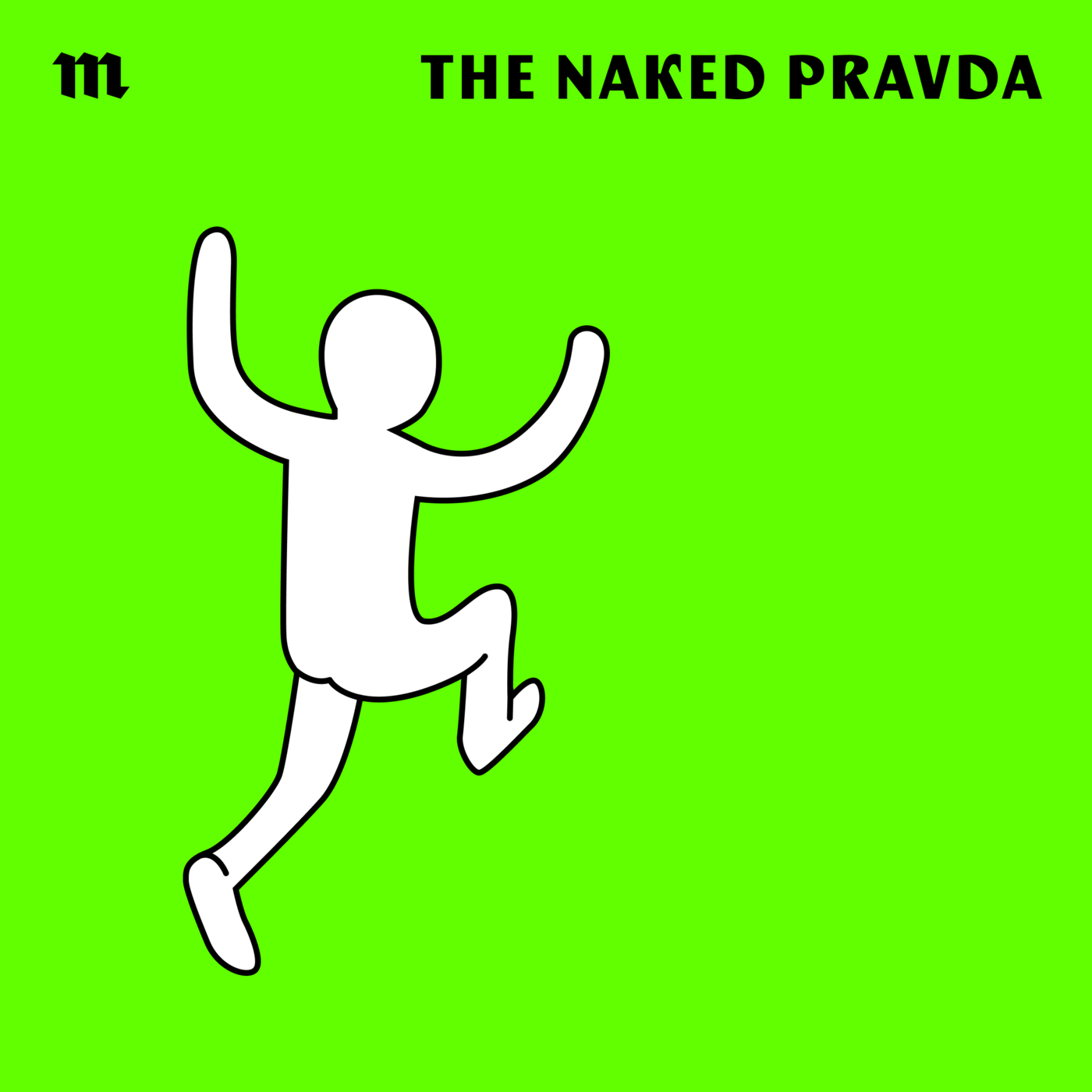
For Russian eyes only: U.S. voter data, hackers, and the story that wasn’t

The Naked Pravda
Shownotes Transcript
On September 1, 2020, the Russian newspaper Kommersant ran a story that looked like a real bombshell before it fizzled out. The report, titled “Hackers Appeal to the U.S. State Department: American Voter Data Appears on Russian Darknet),” credits a Russian hacker platform with posting millions of American voters’ personal data (mainly voters in the swing state of Michigan, but also in Connecticut, Florida, and North Carolina) and then profiting off a U.S. government project to pay foreigners for tips about election interference. *Kommersant *also quoted experts who warned that the publication of the voter data could be a “provocation” ahead of this year’s presidential election in the U.S.
But the voter data in question wasn’t hacked or leaked — it’s all publicly available — and the U.S. State Department says it’s yet to pay anyone for intelligence about election interference. Kommersant’s report isn’t entirely false, however. Russian hackers are sharing the personal information of millions of American voters, and that’s not all. To understand why this is happening and what may have motivated Kommersant’s reporting, “The Naked Pravda” turns to three analysts working on cyber-threats, digital diplomacy, and Russian politics.
-
(5:28) Ian Litschko, a cyber-threat intelligence analyst, explains why Russian hackers traffic open-source U.S. voter data.
**(11:33) **Oleg Shakirov, a consultant at the PIR Center in Moscow and an expert in European security and digital diplomacy, discusses the novelty of a “Russiagate” story that broke in Russia, not in the West.
(17:03) Yana Gorokhovskaia, an independent researcher on Russian politics, describes the intended audience for Kommersant’s report and why it matters.
“The Naked Pravda” comes out on Fridays (or sometimes Saturdays). Catch every new episode by subscribing at Apple Podcasts), Spotify), Google Podcasts), or other platforms). If you have a question or comment about the show, please write to Kevin Rothrock at [email protected]) with the subject line: “The Naked Pravda.”
Как поддержать нашу редакцию — даже если вы в России и вам очень страшно)